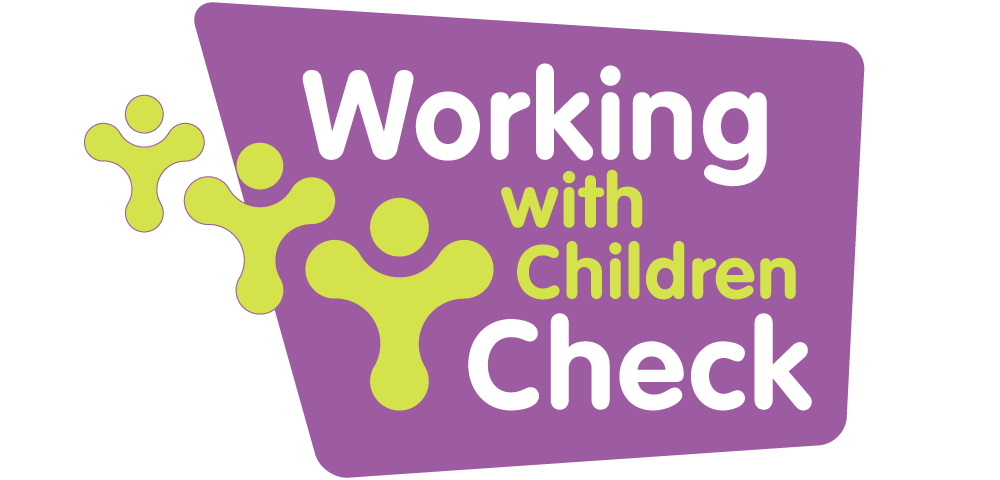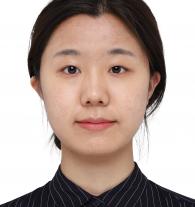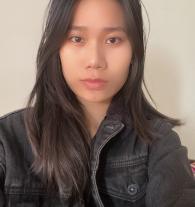
 Verified Tutor
Verified Tutor

What do I enjoy most about tutoring? 😁
I enjoy the satisfaction I get from seeing students reach the 'aha!' moment, whether it takes one or multiple different ways of explaining it to them. It means I've managed to keep them engaged enough to listen, and leave with something new in their heads. It's also fun seeing their confidence grow.My Strengths as Tutor 💪
My strengths as a tutor includes balancing encouragement and focus in my sessions. I think encouragement and forming a friendly relationship is a huge part of fostering interest and confidence in students, and I always make it a priority to make the experience as enjoyable as possible, having been a bored student myself a few years ago with an unengaging tutor. At the same time, I make sure that the focus on the lesson plan isn't lost, and that the student always leaves having made progress in some aspect. I also always strive to give memorable tricks to help perform tricky calculations.Most important things I can do for a student 🏅
The most important thing a tutor can do for a student is to not only teach them content from the subjects, but to also foster enthusiasm and long lasting study habits so they can succeed even when the tutor isn't there with them. It is also important that the tutor deeply understands the perspective of the student, and any struggles or limited background they may have in a subject, just like when the tutor themselves were new to learning the content.Tutoring students in 👦 👧
- year 2
- year 3
- year 4
- year 5
- year 6
- year 7
- year 8
- year 9
- year 10
About Nahyun
Personalised Maths Tutoring for All Levels
This tutor has extensive experience providing one-on-one maths tutoring to primary and high school students. She excels at creating personalised study plans and original teaching materials tailored to each student''s unique skill levels and needs. Her commitment to engaging tutoring sessions ensures that students not only improve their grades but also develop a genuine interest in mathematics.
Proven Track Record of Student Success
As a private tutor, she has successfully guided high-achieving students through challenging coursework, consistently receiving positive feedback from parents based on school performance improvements. Her ability to communicate concise weekly updates keeps parents informed and involved in their child''s academic progress, fostering a collaborative environment for student success.
Experienced Mentor with a Passion for Teaching
With a background as a student maths mentor, she has mentored classes of over 20 Year 7 to 10 students, inspiring them to explore mathematics beyond the classroom. By collaborating closely with teachers to coordinate content and discuss weekly plans, this tutor brings both expertise and enthusiasm to her role, making her an ideal choice for parents seeking dedicated educational support for their children.











Recent Tutoring Comments:
Isaac fluently used various methods to solve probability questions, including use of tables, venn diagrams, or calculations. In the first couple of sessions, Isaac ...
Isaac fluently used various methods to solve probability questions, including use of tables, venn diagrams, or calculations. In the first couple of sessions, Isaac was initially confused about the numerator and denominator for conditional questions, but he has been solving these with ease in the last couple of sessions which was great to see. He remains very good at vocalising his thought processes even if he is sometimes unsure. Putting some of this down in a concise way for working out would be great.
Some steps of the questions made Isaac a little bit lost sometimes halfway through. It would be a great tool for his own sake and for marks if he labels and writes working out more clearly so he can retrace his train of thought if he gets stuck. For example, for multi-step probability questions he can lable which probabilities correspond to which step.
Isaac is very effective at solving algebra problems, and identifying what to set as the variable for worded problems.
Isaac is very effective at solving algebra problems, and identifying what to set as the variable for worded problems.
Sometimes for longer worded algebra questions there is some confusion, but he needed minimal intervention and just requires some more practice. He makes silly errors occasionally which just requires practice, a more careful style of working and some cleaner working out. There was some confusion about the physical interpretation of a quadratic when it describes a bridge. Practising graphing and recognising that the x-axis can represent the ground and y-axis the vertical height will be useful.
Isaac seems to perform well under a short time limit, when given 3 minutes to do a single question, often not requiring the full time. This time constraint seems to ...
Isaac seems to perform well under a short time limit, when given 3 minutes to do a single question, often not requiring the full time. This time constraint seems to make him focus on understanding the question as fast as he can and reading mindfully, and then trying to find the most simple solution to the question. If he can keep up this level of focus and speed for a long period of time, this would be a great skill to have in exam conditions. He performed well for multi-step unit conversions of more than 1 dimension. He is good at factorising into brackets, but required help to get the equation in a form that was easier to factorise.
Isaac could work on his writing of working out as this is where the majority of the marks come from. Sometimes he can solve the question quickly but leaves working out that may be difficult for the marker to decipher. He should make it a habit to write one line of clear working out step for each mark that the question is worth. Parabolas remain a weak point. This is a difficult topic in general since there are many different forms of quadratics that can be used (turning point form, factorised form, general form, etc). He still takes some time and reminders to find the turning point and makes some silly errors such as swapping the x and y coordinates or forgetting which part of the function represents the x-intercept and which one for the y-intercept. At this stage the school has not taught certain techniques yet such as completing the square and quadratic equation, which will later become useful tricks to make certain questions easier. Test technique - In timed conditions, it is often good to take a moment to come up with a plan before diving straight into the question, which can help reduce getting lost in the question.
Isaac did the challenge questions quite well, and used data from tables very effectively, as well as effective use of algebra. Although finding the denominator for ...
Isaac did the challenge questions quite well, and used data from tables very effectively, as well as effective use of algebra. Although finding the denominator for conditional probability questions was a point of confusion last session, he grasped this concept very effectively and quickly today.
He could practice his speed for distinguishing between categorical and numerical data, although his understanding of the concept was quite fast after a reminder (and he had only learned it at school that day) After he does each question, he should look back at his working and see what he could have done to be faster - e.g. for the table extrapolation question, he didn't have to draw a whole other table for working out, he could have annotated the one in the question to save time.